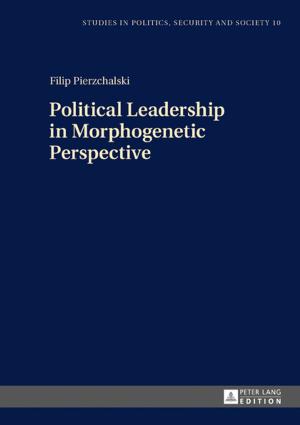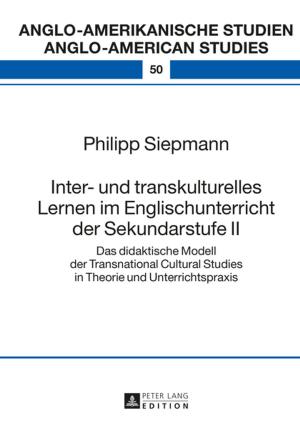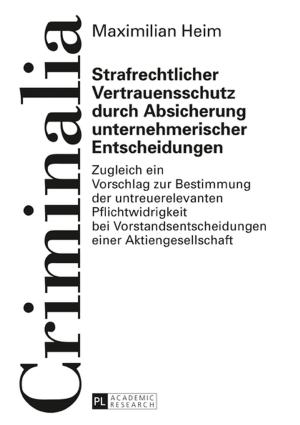Truth Be Told
Sense, Quantity, and Extension
Nonfiction, Reference & Language, Language Arts, Linguistics, Religion & Spirituality, Philosophy| Author: | John Justice | ISBN: | 9781454190516 |
| Publisher: | Peter Lang | Publication: | July 20, 2015 |
| Imprint: | Peter Lang Inc., International Academic Publishers | Language: | English |
| Author: | John Justice |
| ISBN: | 9781454190516 |
| Publisher: | Peter Lang |
| Publication: | July 20, 2015 |
| Imprint: | Peter Lang Inc., International Academic Publishers |
| Language: | English |
Truth Be Told explains how truth and falsity result from relations that sentences have to the contexts in which they occur and the circumstances at which they are evaluated. It offers a precise conception of truth and a clear diagnosis of the Liar and Grelling paradoxes. Currently, semantic theory employs generalized quantifiers as the extensions of noun phrases in explanations of the composition of truth-values. Generalized quantifiers are direct descendants of the second-level functions to truth-values that Gottlob Frege considered to be the referents of his unrestricted quantifiers. During the past fifty years, Frege’s original quantifier referents have been revised and generalized with the result that now every noun phrase, of any type, has a generalized quantifier as its extension. This evolution of noun-phrase extensions from Frege’s referents has retained two of the original theory’s flaws. First, generalized quantifiers inherit a troublesome intrusion of predicate extensions. Second, the senses of names and deictic terms are still not identified, with the result that their extensions are not sharply distinguished from their referents. Truth Be Told frees semantic theory from these Fregean flaws. Its theory of sense, quantity, and extension yields an intuitive composition of sentence truth-values and secures an accurate understanding of truth. Its final chapter applies the theory in a diagnosis of the Liar and Grelling paradoxes that is immune to the notorious revenge paradoxes.
Truth Be Told can be used for courses in philosophy of language, semantics, and the foundations of logic.
Truth Be Told explains how truth and falsity result from relations that sentences have to the contexts in which they occur and the circumstances at which they are evaluated. It offers a precise conception of truth and a clear diagnosis of the Liar and Grelling paradoxes. Currently, semantic theory employs generalized quantifiers as the extensions of noun phrases in explanations of the composition of truth-values. Generalized quantifiers are direct descendants of the second-level functions to truth-values that Gottlob Frege considered to be the referents of his unrestricted quantifiers. During the past fifty years, Frege’s original quantifier referents have been revised and generalized with the result that now every noun phrase, of any type, has a generalized quantifier as its extension. This evolution of noun-phrase extensions from Frege’s referents has retained two of the original theory’s flaws. First, generalized quantifiers inherit a troublesome intrusion of predicate extensions. Second, the senses of names and deictic terms are still not identified, with the result that their extensions are not sharply distinguished from their referents. Truth Be Told frees semantic theory from these Fregean flaws. Its theory of sense, quantity, and extension yields an intuitive composition of sentence truth-values and secures an accurate understanding of truth. Its final chapter applies the theory in a diagnosis of the Liar and Grelling paradoxes that is immune to the notorious revenge paradoxes.
Truth Be Told can be used for courses in philosophy of language, semantics, and the foundations of logic.















